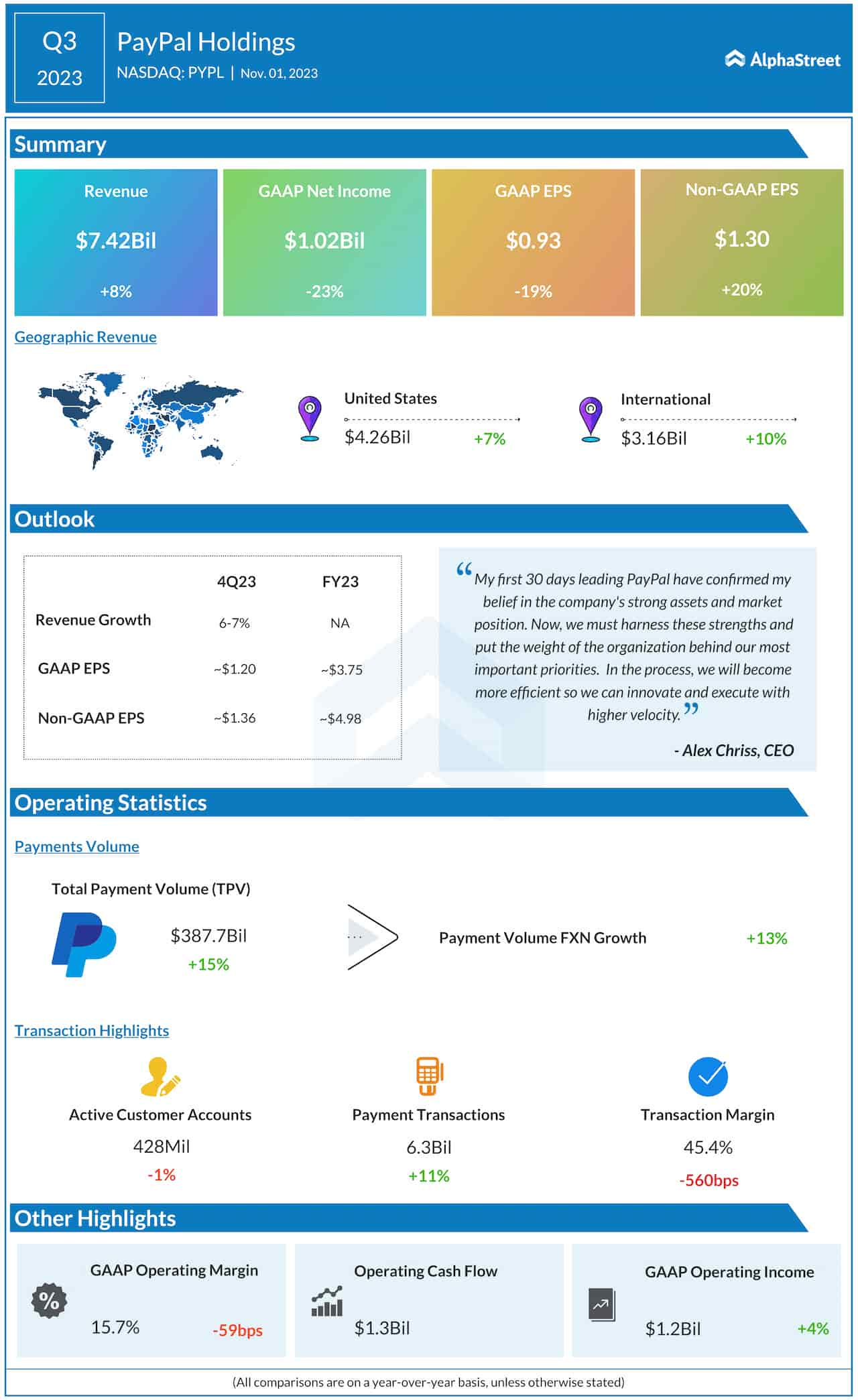Liz Truss resigned as leader of the Conservative Party, in effect as Prime Minister of Britain, on Thursday, just six weeks after assuming office. This would make her its shortest-serving prime minister. Her exit was expected after her authority got undermined by big bungles in her quest for a “low-tax, high-growth economy that would take advantage of the freedoms of Brexit”, most infamously a fiscally profligate mini-budget that caused market mayhem. With inflation raging and the UK’s exchequer already covid-stretched, a hearty reel-out of unfunded tax cuts and energy props saw government bonds get scrunched and the British pound tumble. Before party colleague Jeremy Hunt stepped in to axe those proposals and calm financial nerves, Truss sought to saddle budget-presenter Kwasi Kwarteng with the blame but was now up against Conservative Party colleagues increasingly doubtful of her leadership. The response of the gilt market, which had pushed up the government’s borrowing costs, appalled those who didn’t want the fiscally sensible reputation of their party put at such high risk. In that sense, this exit from 10 Downing Street has been led by the bond market.
Download The Mint News App to get Daily Market Updates.
More
Less















